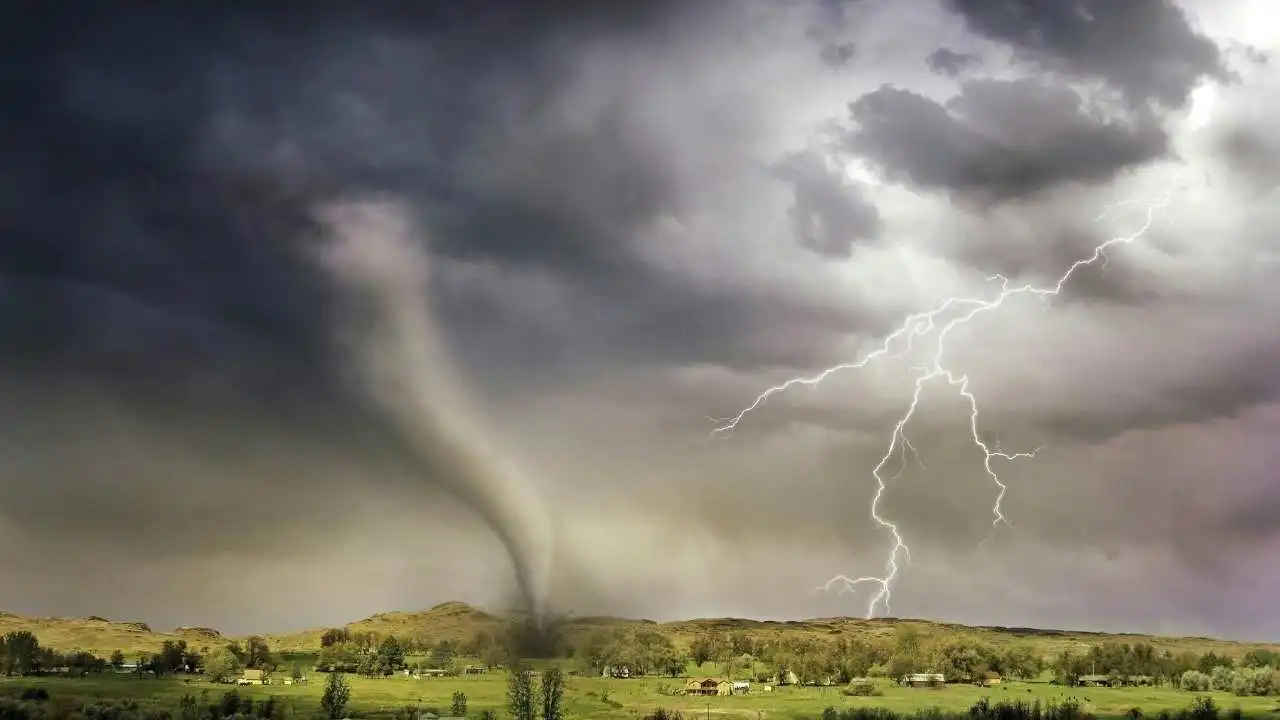Orcas might be trying to learn ‘who we are’ when they share prey with humans, study suggests
Jared Towers, an experienced researcher, recently had two incredible encounters with killer whales off the coast of Vancouver Island that led to a groundbreaking study published in the Journal of Comparative Psychology. Towers and his colleagues were amazed when the orcas dropped their prey right in front of them, a behavior rarely seen in the wild.
During the first encounter in 2015, an orca released a dead ancient murrelet beside Towers’ boat, leaving the researchers awestruck. The second encounter in 2018 involved another orca dropping a freshly killed seal right next to their vessel. Towers described how the orcas waited for a response before retrieving their prey, indicating a deliberate attempt to engage with humans.
These unique interactions led Towers and his team to conduct a study examining 34 instances worldwide where killer whales appeared to offer their prey to humans. The researchers only included cases where the whales approached humans directly, emphasizing the whales’ intention to interact with people.
While the study does not rule out selfish motivations behind the behavior, Towers believes the apparent prey sharing is a demonstration of altruism and pro-social behavior. He suggests that the whales may be practicing cultural behaviors or exploring humans’ capacity to interact in their environment.
The study includes observations of transient orcas from various regions, including British Columbia, Alaska, California, New Zealand, Argentina, and Norway. The researchers note that while play is a common behavior among orcas, the prey-sharing events with humans were distinct and intentional.
The study concludes that killer whales have the cognitive abilities and motivation to share food for various reasons, including intellectual and emotional benefits. Towers hopes that this research will change people’s perceptions of killer whales and spark curiosity about their intelligence and capacity for social interactions.
Despite the fascinating nature of these encounters, Towers emphasizes the importance of caution and discourages people from accepting any prey offered by orcas. Both species have the potential to harm each other, and it is essential to maintain a respectful distance in the wild.
Overall, this study sheds light on the complex social behaviors of killer whales and highlights the need for further research to understand their interactions with humans in the wild.




